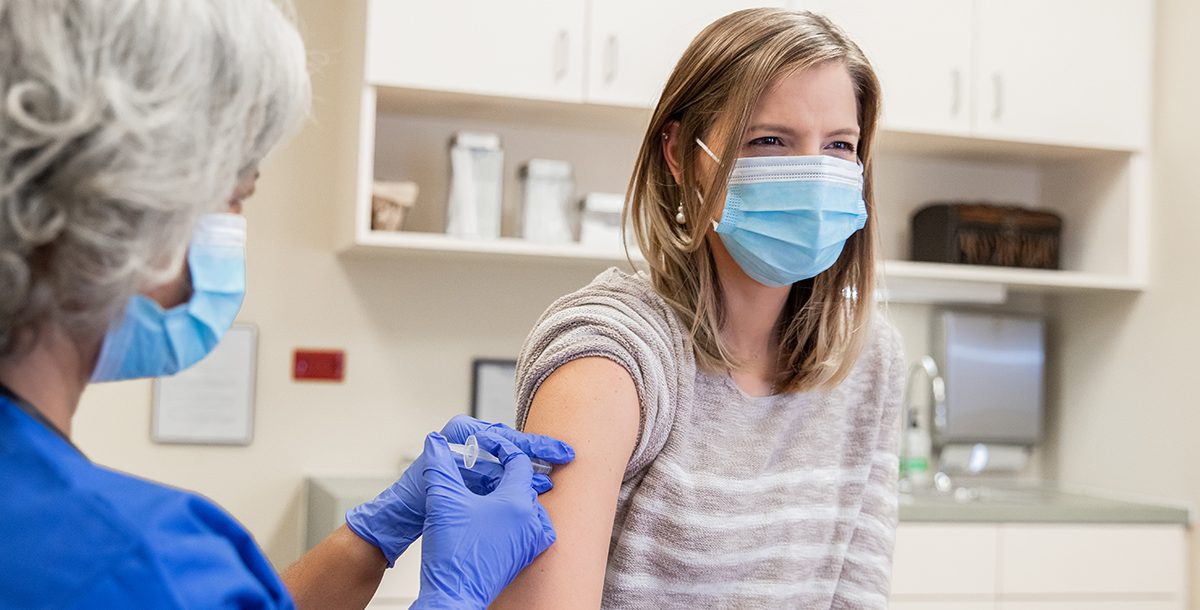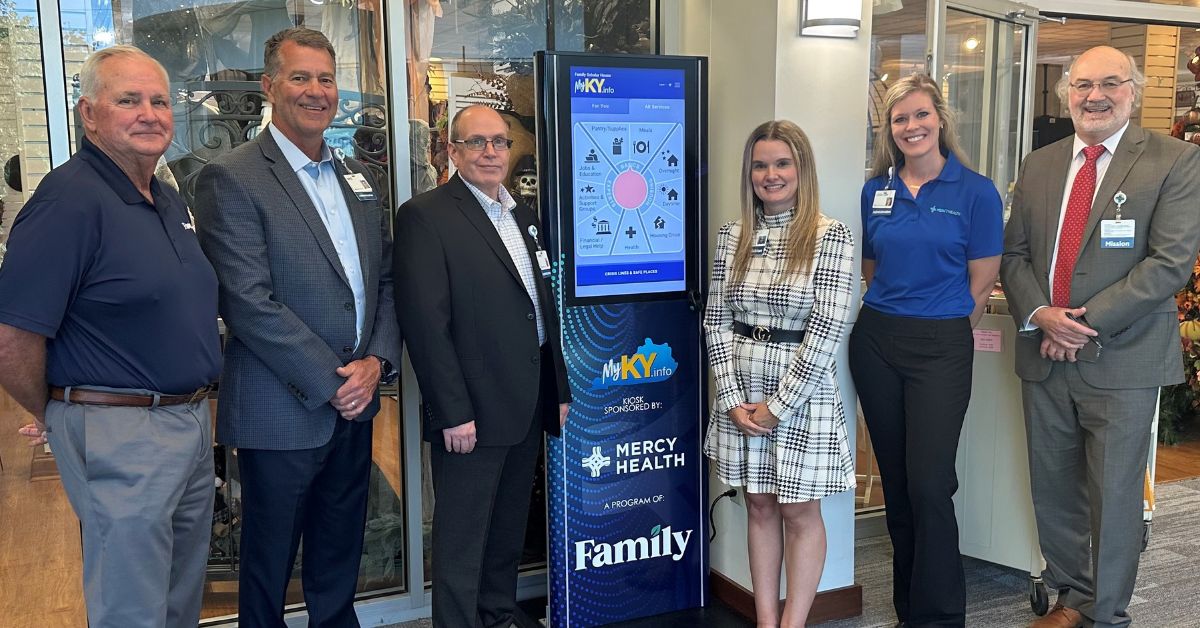By now, you’ve likely heard about the Delta variant of COVID-19. So, what should you do about it?
First off, it’s helpful to understand what a variant is. Viruses of all kinds are constantly evolving. When a virus mutates, a new variant is formed. This is an expected process that will continue to happen over time. This means that we’ll continue to see new variants of SARS-CoV-2, the virus that causes COVID-19.
As of mid-August 2021, the Delta variant is responsible for more than 98.8 percent of COVID-19 cases in the U.S.
Here are a few key points to know about this dominant strain:
- The Delta variant is more than 2 times as contagious as other variants so far. This means that one person with the Delta variant of COVID-19 can infect more people more quickly. This happens because the virus produces more virus quicker than any other variants to date. It also may be more contagious earlier on in a person’s illness.
- The Delta variant might cause more severe illness than previous strains in unvaccinated people. This means unvaccinated people with Delta are more likely to be hospitalized.
- It’s affecting children and younger adults more than other variants. A recent study showed that adults under 50 and children are two and a half times more likely to be infected with Delta compared to other strains.
- Vaccinated people with breakthrough infections of Delta appear to be infectious for a shorter period of time.
What you can do about the Delta variant
The Delta variant is certainly concerning. After all, it’s a more contagious version of the virus that started a global pandemic. But what does that mean for your day-to-day life? What should you do about it?
First, know your local COVID-19 activity. The first thing you can do is be aware of COVID-19 levels in your area or in any place to which you plan to travel. You can use the CDC’s data tracker to see your county. Virus activity varies throughout the United States based on location. Many states with lower vaccination rates are seeing more COVID-19 cases recently as the Delta variant has become dominant.
Second, use precautions as needed. If you plan to spend a day in the sun, you put on sunscreen. If someone near you has the flu, you wash your hands and keep your distance. Likewise, if you’re at a crowded gathering with potentially unvaccinated people, you put your face mask on and keep your distance – especially if you’re inside. The COVID-19 precautions we’ve practiced over the past year and a half still work. And even as local restrictions ease, you can still practice these safety measures as needed.
In health care settings, all people must continue to wear a mask. “This is to protect the safety of all our patients, visitors and associates — especially those who are very sick or have weakened immune systems,” says Katharyn Kennedy, MD, vice president of quality. “We are committed to protecting the health and well-being of all. Wearing masks, washing hands and keeping distance are all simple ways in which we can all help.”
And most importantly, get a vaccine to avoid hospitalization, severe illness and death. If you haven’t already gotten a full dose of COVID-19 vaccine, it may be time to reconsider. Ongoing studies show that the COVID-19 vaccine provides protection against the Delta variant.
It is still possible, though less likely, for vaccinated people to get COVID-19. However, the vaccine is proven to prevent more serious sickness, hospitalization and death.
“In fact, the vaccine remains 89 percent effective against hospitalization,” Dr. Kennedy says.
And timing is crucial: the sooner you get a vaccine, the sooner you build immunity. As more and more people build immunity, it will reduce the threat of future COVID-19 variants.
Ready to get your vaccine now? Learn more about our ministry’s COVID-19 vaccination efforts.






